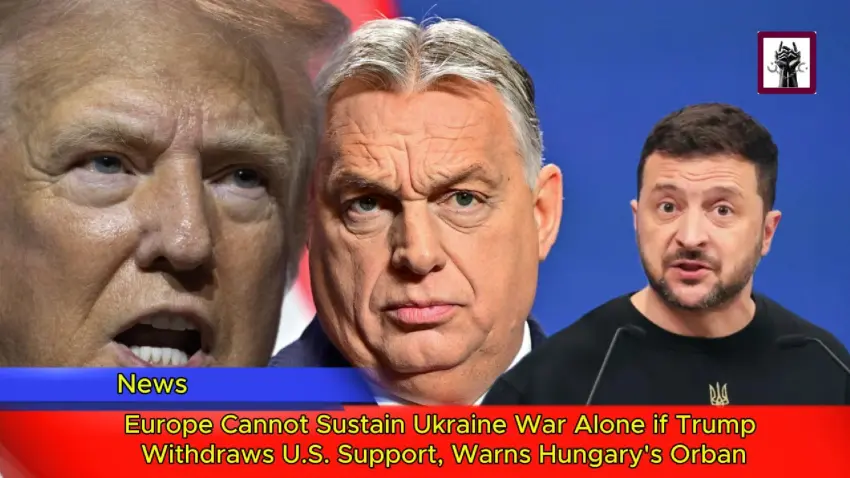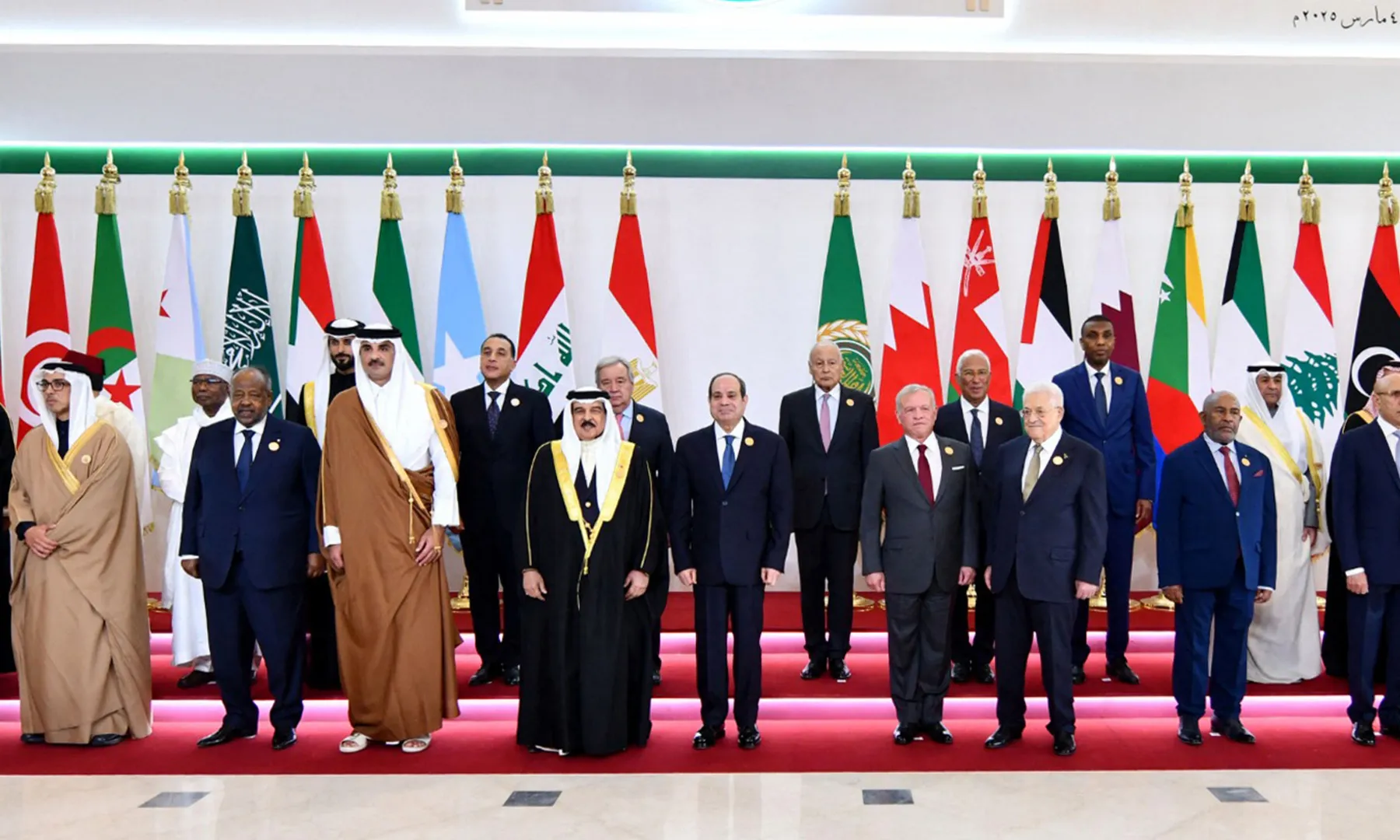A Looming Crisis: Europe’s Financial and Political Divide on Ukraine
With Europe’s strained finances already buckling under the weight of supporting Ukraine, Hungarian Prime Minister Viktor Orban’s recent comments highlight a looming crisis. Warning that Europe cannot sustain the cost of Ukraine’s defense alone, Orban paints a stark picture of a growing divide within the Western alliance.
In the wake of Donald Trump’s return to the White House, Orban foresees an American pivot away from military support for Ukraine—a shift that would leave Europe grappling with both the political and financial burdens of the war on its own. Orban’s call for a “peace budget” echoes Trump’s skepticism of foreign aid to Kyiv and challenges the EU’s unified front. The question of American withdrawal from the Ukraine conflict has resurrected old tensions among EU leaders about how far Europe should go in supporting Ukraine, with some fearing that isolation from U.S. military backing could expose Europe to greater security threats and increased regional instability.
Shifting Priorities Within Europe
Slovak Prime Minister Robert Fico’s recent criticism of the EU’s funding priorities underscores an emerging fault line within Europe. Leaders are not only debating the financial feasibility of continued aid but also the ideological underpinnings of their support. Fico’s rhetoric frames the conflict as “senseless killing” and advocates redirecting EU resources to pressing domestic issues like immigration—a stance that resonates with Orban’s longstanding emphasis on sovereignty and security.
Meanwhile, Trump’s return introduces a volatile factor into the equation. His historical criticisms of NATO allies for their limited defense spending cast doubt over the future of U.S.-European solidarity. Trump’s proposed policy of resolving the Ukraine crisis within “24 hours”—without specifics—raises fears that pressure may soon be applied on Ukraine to negotiate from a disadvantaged position. For Ukrainian President Volodymyr Zelenskyy, this suggests a dangerous scenario: a truce without adequate security guarantees could simply allow Russia to regroup and seize further ground in future escalations.
Yet, Germany and other European nations, led by Chancellor Olaf Scholz, continue to champion robust support for Ukraine as a moral imperative, framing it as a test of Europe’s resolve against authoritarian aggression. Scholz’s remarks reject the “false contradiction” between supporting Ukraine and investing in Europe’s future—emphasizing that safety and solidarity must go hand in hand.
As Trump prepares to take office, Europe faces a critical decision: to uphold an alliance-centric approach to Ukraine or to accept a fractured, more isolated path shaped by diverging national interests. With a revived Trump-Orban axis advocating disengagement, the future of Europe’s security strategy hangs in the balance, and the stakes for Ukraine’s sovereignty have never been higher.
This crossroads presents Europe with a profound challenge. Will it maintain unity and commitment to Ukraine despite shifting U.S. priorities, or will internal divisions and financial constraints force a retreat? The answer will define not only Europe’s role in the Ukraine conflict but also its broader security strategy in an increasingly uncertain global landscape.




